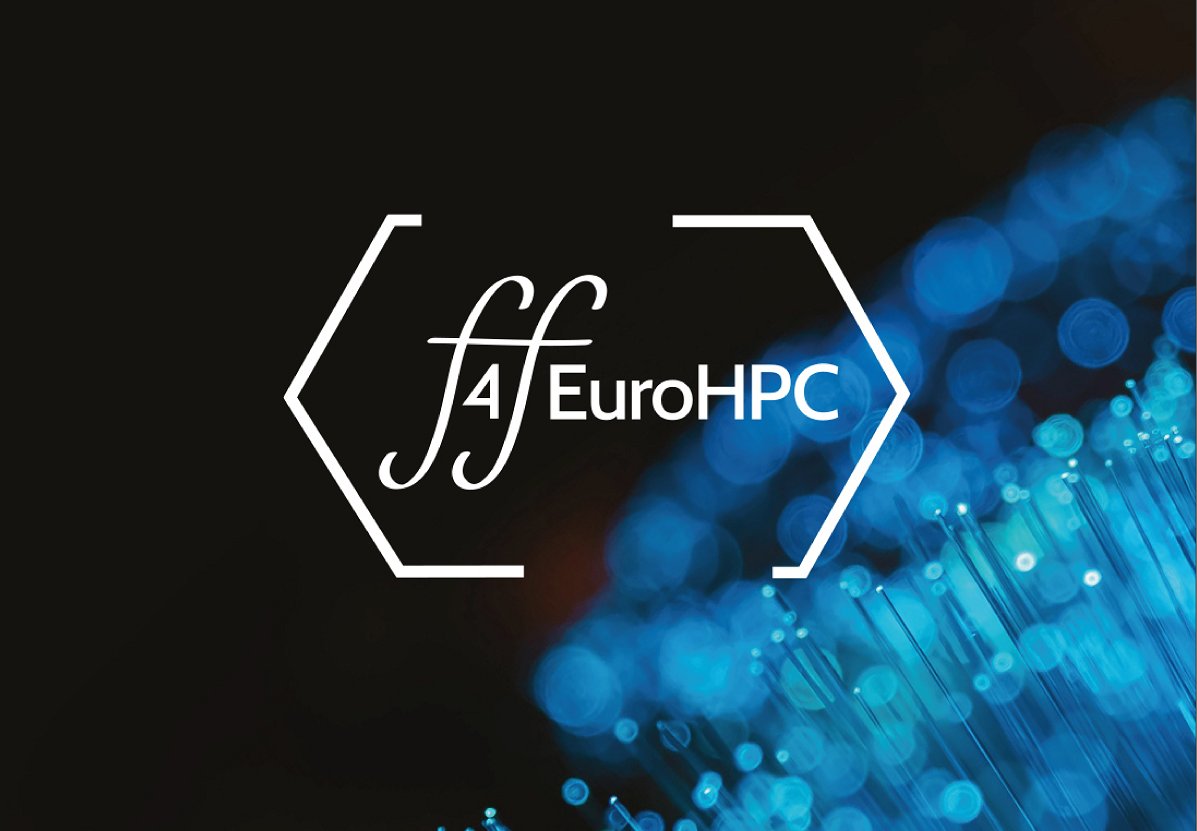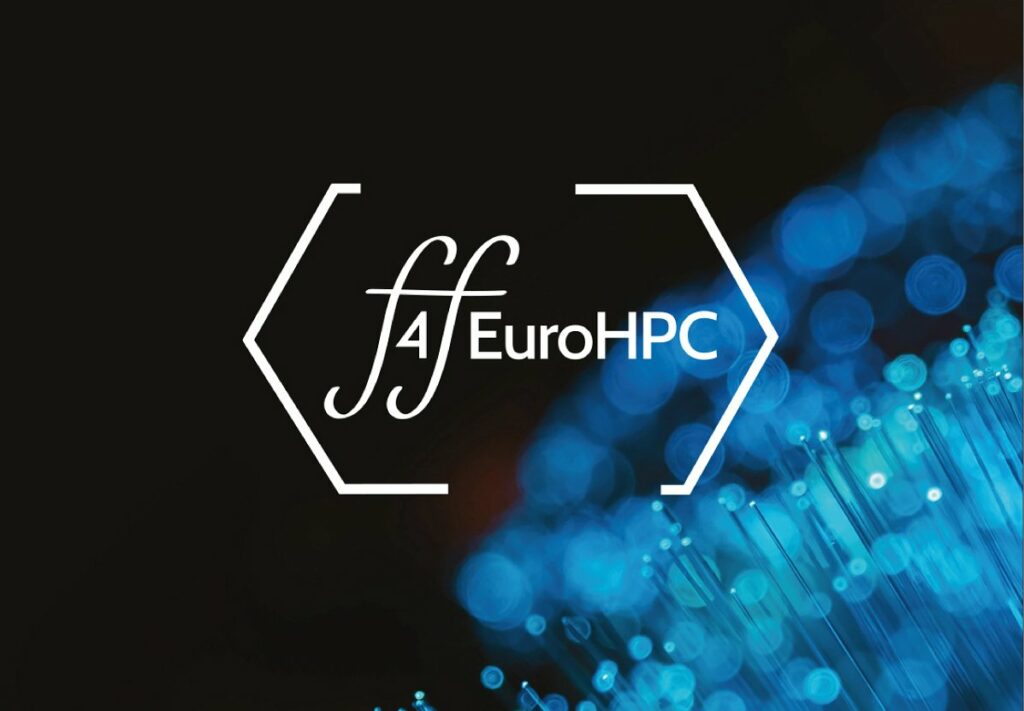Collecting Marine Debris with HPC - ETP4HPC Webinar
We bring to your attention a webinar organized by FF4EuroHPC from ETP4HPC which will take place on Friday, July 8 (11:00 am - 12:00 pm). At the event two FF4EuroHPC success stories, focused on environmental impact, will be presented, showcasing the implementation of the HPC & AI technologies for business. The webinar will be really interesting for researcher, HPC providers, software developers and most important, business oriented companies.
The FF4EuroHPC project gives European SMEs the opportunity to use European high-end HPC services to develop innovative products or solutions. The two FF4EuroHPC open calls target high-quality experiments involving innovative, agile SMEs. Each experiment is an end-user-relevant case study demonstrating the use of Cloud-based HPC and the benefits it brings to the value chain from the end-user to the HPC-infrastructure provider.
This webinar will focus on two experiments related to environmental impact, which were both successfully concluded:
MARINE LITTER HUNTER – HPC-Based navigation system for an autonomous marine litter-hunting project
Emanuele Della Volpe, CEO and Aerospace Engineer at Green Tech Solution will introduce the Marine Litter Hunter experiment to the participants. Green Tech Solution (GTS) has automated the collection of marine litter thought real-time identification of floating plastic debris on the sea via unmanned vehicles that send GPS coordinates to an unmanned vessel, through a ground control station, which reaches and collects the plastic waste, without the intervention of operators.
The limited ability to predict the future position of the debris is limiting the efficiency of the entire system as the time and energy consumption of collection increases significantly. The HPC experiment allow us to drive into the next phase the collaboration of the unmanned systems for:
- Marine Litter Recognition
- Marine Litter Path Prediction
- Marine Litter Recovery strategy Optimization
HERCULES – weather forecast for drone operation
Project Hercules will be presented by Jose L. Munoz Gamarra, echnical Director at Aslogic. The HERCULES project develops specific weather forecast models for drones, as due to their size they are much more vulnerable to adverse wind flight conditions. In this project, we have developed an approach independent of ground infrastructures.
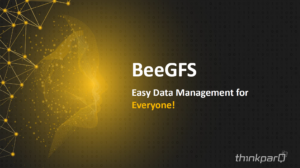 BeeGFS in Practice — Parallel File Systems for HPC, AI and Data-Intensive Workloads 6 Feb - This webinar introduces BeeGFS, a leading parallel file system designed to support demanding HPC, AI, and data-intensive workloads. Experts from ThinkParQ will explain how parallel file systems work, how BeeGFS is architected, and how it is used in practice across academic, research, and industrial environments.
BeeGFS in Practice — Parallel File Systems for HPC, AI and Data-Intensive Workloads 6 Feb - This webinar introduces BeeGFS, a leading parallel file system designed to support demanding HPC, AI, and data-intensive workloads. Experts from ThinkParQ will explain how parallel file systems work, how BeeGFS is architected, and how it is used in practice across academic, research, and industrial environments.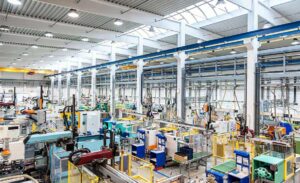 When a production line knows what will happen in 10 minutes 5 Feb - Every disruption on a production line creates stress. Machines stop, people wait, production slows down, and decisions must be made under pressure. In the food industry—especially in the production of filled pasta products, where the process follows a strictly sequential set of technological steps—one unexpected issue at the end of the line can bring the entire production flow to a halt. But what if the production line could warn in advance that a problem will occur in a few minutes? Or help decide, already during a shift, whether it still makes sense to plan packaging later the same day? These were exactly the questions that stood at the beginning of a research collaboration that brought together industrial data, artificial intelligence, and supercomputing power.
When a production line knows what will happen in 10 minutes 5 Feb - Every disruption on a production line creates stress. Machines stop, people wait, production slows down, and decisions must be made under pressure. In the food industry—especially in the production of filled pasta products, where the process follows a strictly sequential set of technological steps—one unexpected issue at the end of the line can bring the entire production flow to a halt. But what if the production line could warn in advance that a problem will occur in a few minutes? Or help decide, already during a shift, whether it still makes sense to plan packaging later the same day? These were exactly the questions that stood at the beginning of a research collaboration that brought together industrial data, artificial intelligence, and supercomputing power.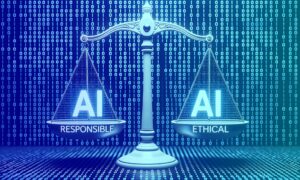 Who Owns AI Inside an Organisation? — Operational Responsibility 5 Feb - This webinar focuses on how organisations can define clear operational responsibility and ownership of AI systems in a proportionate and workable way. Drawing on hands-on experience in data protection, AI governance, and compliance, Petra Fernandes will explore governance approaches that work in practice for both SMEs and larger organisations. The session will highlight internal processes that help organisations stay in control of their AI systems over time, without creating unnecessary administrative burden.
Who Owns AI Inside an Organisation? — Operational Responsibility 5 Feb - This webinar focuses on how organisations can define clear operational responsibility and ownership of AI systems in a proportionate and workable way. Drawing on hands-on experience in data protection, AI governance, and compliance, Petra Fernandes will explore governance approaches that work in practice for both SMEs and larger organisations. The session will highlight internal processes that help organisations stay in control of their AI systems over time, without creating unnecessary administrative burden.
